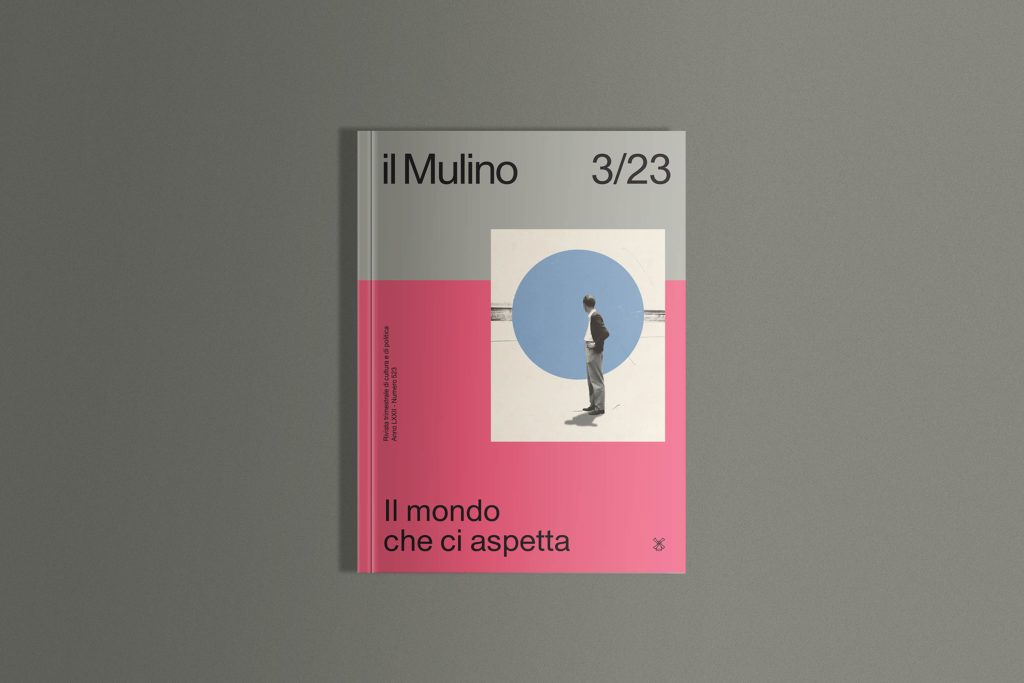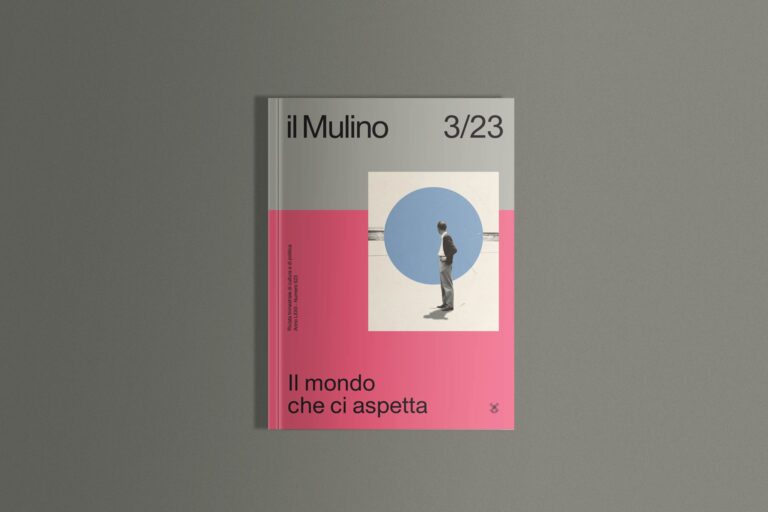For the reason that Nineteen Nineties, water has been known as the ‘oil of the twenty-first century’ or the ‘blue gold’ over which wars will inevitably be fought. This bleak future is especially related to the Center East and North Africa, essentially the most water-stressed area on the planet, the place the consequences of local weather change are exacerbating the perennial drawback of low rainfall.
However as Hussam Hussein notes in The mill“The empirical proof linking water shortage and armed battle between states is inconclusive.” The comparability “neglects socio-economic points and questions on who has entry to how a lot water and why.” Political processes of inclusion and exclusion are central. In India, for instance, lower-caste ladies are denied entry to wells; whereas within the West Financial institution, water shortage is a matter of structural discrimination.
Purely technical options to shortage, comparable to the development of dams and different market-oriented megaprojects, usually have catastrophic penalties for poor communities. Conversely, treating restricted assets as a difficulty of entry and fairness can yield actual options. “Water diplomacy can contribute to broader regional cooperation, stability, peace and safety,” Hussein writes.

Meals as a public good
Threats to meals safety are normally seen primarily when it comes to shortage. But world agricultural manufacturing grew by 53 p.c between 2000 and 2019, in comparison with a 26 p.c improve on the planet’s inhabitants over the identical interval. Based on Marco Clementi and Martino Tognocchi, meals safety could also be extra affected by entry points than by meals shortages.
The Russian struggle in Ukraine has put the difficulty of meals safety on the prime of the political agenda. The decline in grain and fertilizer manufacturing and the implications of the struggle on the worldwide meals provide chain have actually performed a task. Nevertheless, a very powerful impression of the struggle was the sharp improve in meals costs, write Clementi and Tognocci.
Regardless of technological and agricultural advances in international locations like India, entry to meals has develop into extra precarious as a consequence of ‘the evolution of the state-market relationship in meals manufacturing’. The discount in public management over the agricultural sector within the early Nineteen Nineties, whereas helpful when it comes to effectivity, additionally had penalties for interstate meals help insurance policies, making meals more and more uncovered to market value fluctuations.
New anthropocentrism
There’s a basic break in ecological considering that has developed over the previous century and a half, write Mauro Ceruti and Roberto Della Seta. On the one hand, there’s the concept of pure concord, impartial of man. This rejects anthropocentrism within the title of a ‘biocentric’ view of particular person rights and an ‘ecocentric’ view of ecosystems as superorganisms. However, there’s the Darwinian line which merely removes man from the creationist pedestal and returns him to the logic of nature.
Because the world faces the specter of local weather disaster and the decision for radical change is widely known, ecological considering should resolve this contradiction between the ‘invader’ and the ‘re-naturalized’ human.
Man should declare himself ‘in another way anthropocentric’, write Ceruti and Della Seta: ‘to count on that a clever man can put the explanations of an summary and common ‘nature’ first… earlier than the pursuit of its personal particular person, familial, social group and species well-being is the final word expression of an anti-ecological viewpoint.’
The Anthropocene “requires that we interpret nature and society as a single advanced phenomenon, thus overcoming the excellence between human historical past and pure historical past.” A part of that is to interpret local weather change and its options not because the product of an undifferentiated humanity, however of particular social, political and governmental realities.

